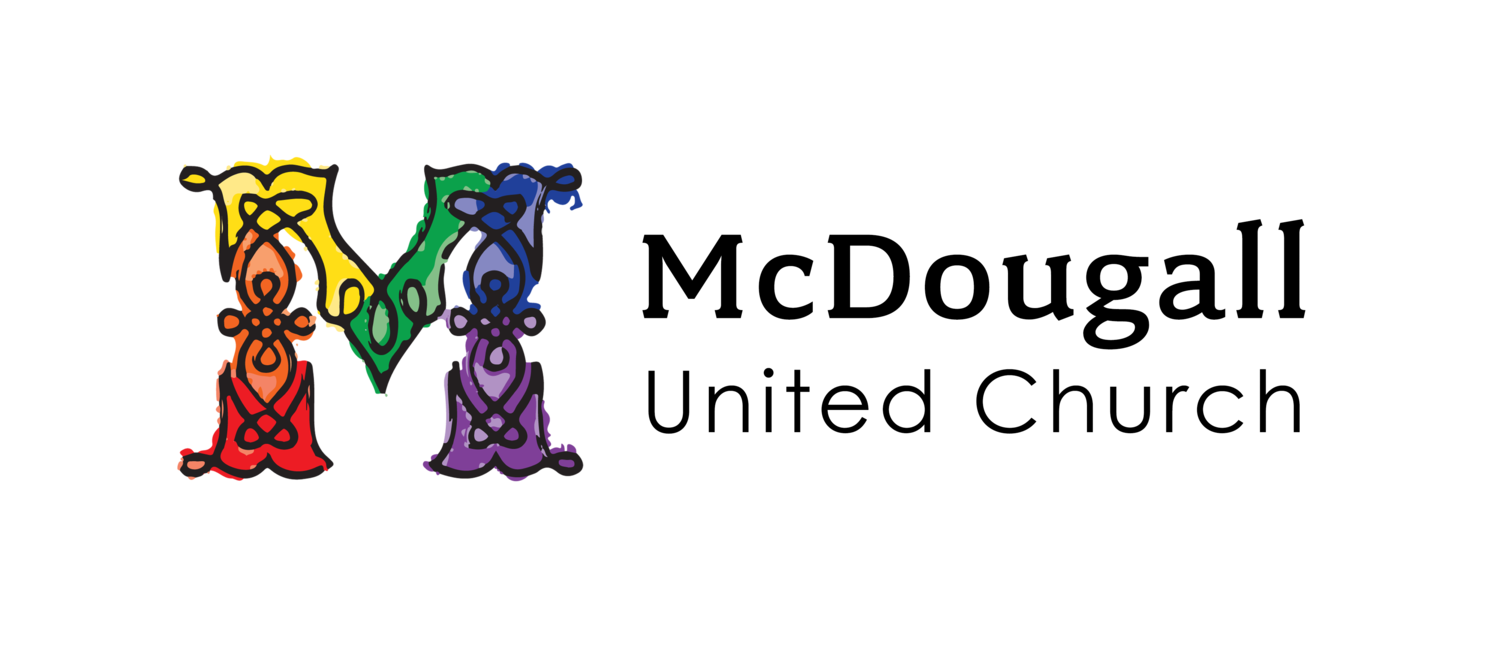Reflections by Rev. Joanne Anquist
This coming week I’m heading to Newfoundland to the 100th Anniversary Celebration service of the United Church of Canada to be held at Gower St. United Church in St. John’s. I am able to attend this service because I am the Presiding Officer of the Chinook Winds Region – probably the only perk that role has!
I’ve never been to Newfoundland, so I’m quite excited about going. It is casually known as “The Rock” because of its terrain and rock formations (they don’t build basements most places in Atlantic Canada, especially Newfoundland, because the solid rock is just below the surface! I learned that when I was at Atlantic School of Theology).
I once heard a woman from Newfoundland speak about her home and how there was a strong connection to place. Generations have lived there. It was first settled in 1610, but the Vikings landed there in the 11th century, and John Cabot was the first European to land on North American shores at Newfoundland during his voyage of 1497. Of course colonization was devastating for indigenous peoples across North America and the Beothuk people of Newfoundland were wiped out on the Island by the early 1800s. No history is without tragedy.
It’s distance from the rest of Canada (how about that ½ hour time zone!?!), it’s history as a British Dominion until it joined Confederation in 1949 meant that it developed independently of the rest of the country. It’s dialects and culture give it a unique place in our country. So between the place, the culture, the language and the history I imagine Newfoundland will be an eye-opening experience for me.
The United Church chose Newfoundland for it’s 100th Anniversary service due to its significant historical role within the church as the historic home to Methodism in Canada (one of our founding denominations). Newfoundland’s Methodists joined the United Church of Canada more than two decades before Newfoundland joined Confederation.
As I approach this celebration, I think of our church and its history, I am so grateful for the risks that have been taken to form a United Church. Joining disparate denominations was not an easy lift. In the end, 25% of the Presbyterians chose to remain apart. Finding statements of faith that resonated with Methodists, Congregationalists, and Presbyterians wasn’t always easy. Even now, this mottled history provides that our clergy are not required to aver to a list of doctrines, but only affirm that they are in “essential agreement” with the statements of faith of the United Church of Canada. Much more important is “testing the Spirit” of candidates for ministry, to ensure God is calling them to service within our church.
This aversion to creeds has allowed for a wonderful expansion of our theology to include all iterations of humanity, and encouraged social justice initiatives to flourish as we realize we have more in common as humanity than our differences would suggest.
We are a denomination that has engaged in tearing down walls that divide for 100 years. Over and over, our church has been in conversations that matter – inclusion of women as clergy, the person of Jesus, our relationship to other faith traditions, ordination of 2SLGBTQIA+ folk, apologies to our indigenous siblings for the harm we caused in our zeal for conversion, opening images of God, and creating an intercultural church. With a history that predates Union, and an eye to our future together, the United Church has never shied away from renewal and transformation as we follow God’s prompts for a more just world.
So I am going to celebrate our church and it’s relatively short 100 years on that Island of Newfoundland with it’s ancient history, while we look to the future for our congregations, our denomination and our country. We are ever evolving, ever changing, ever hopeful that we can continue to be a force for God’s love in our country.
